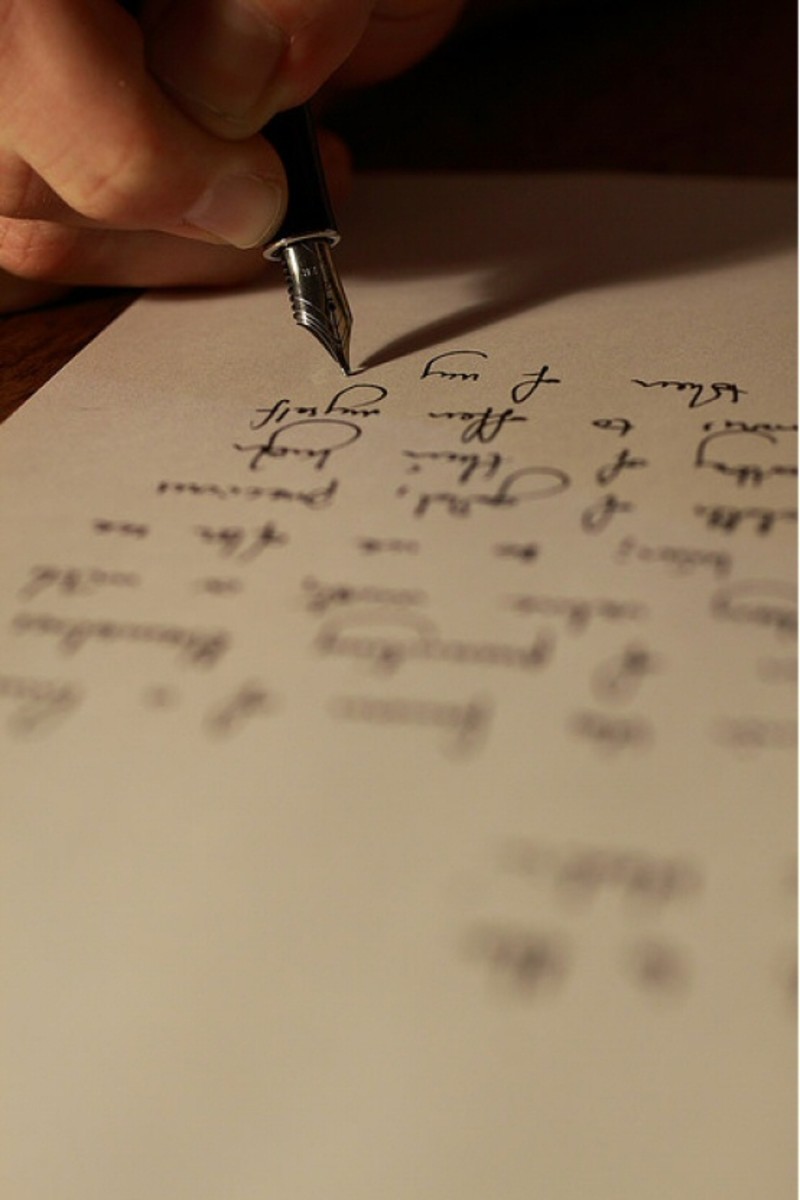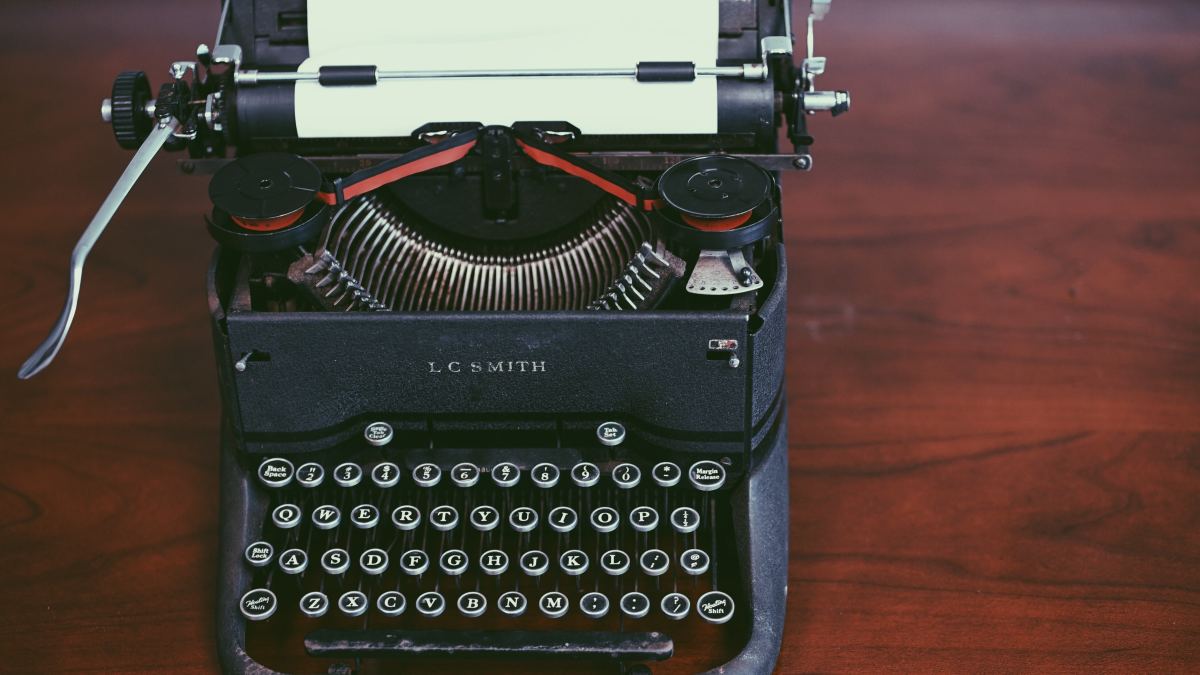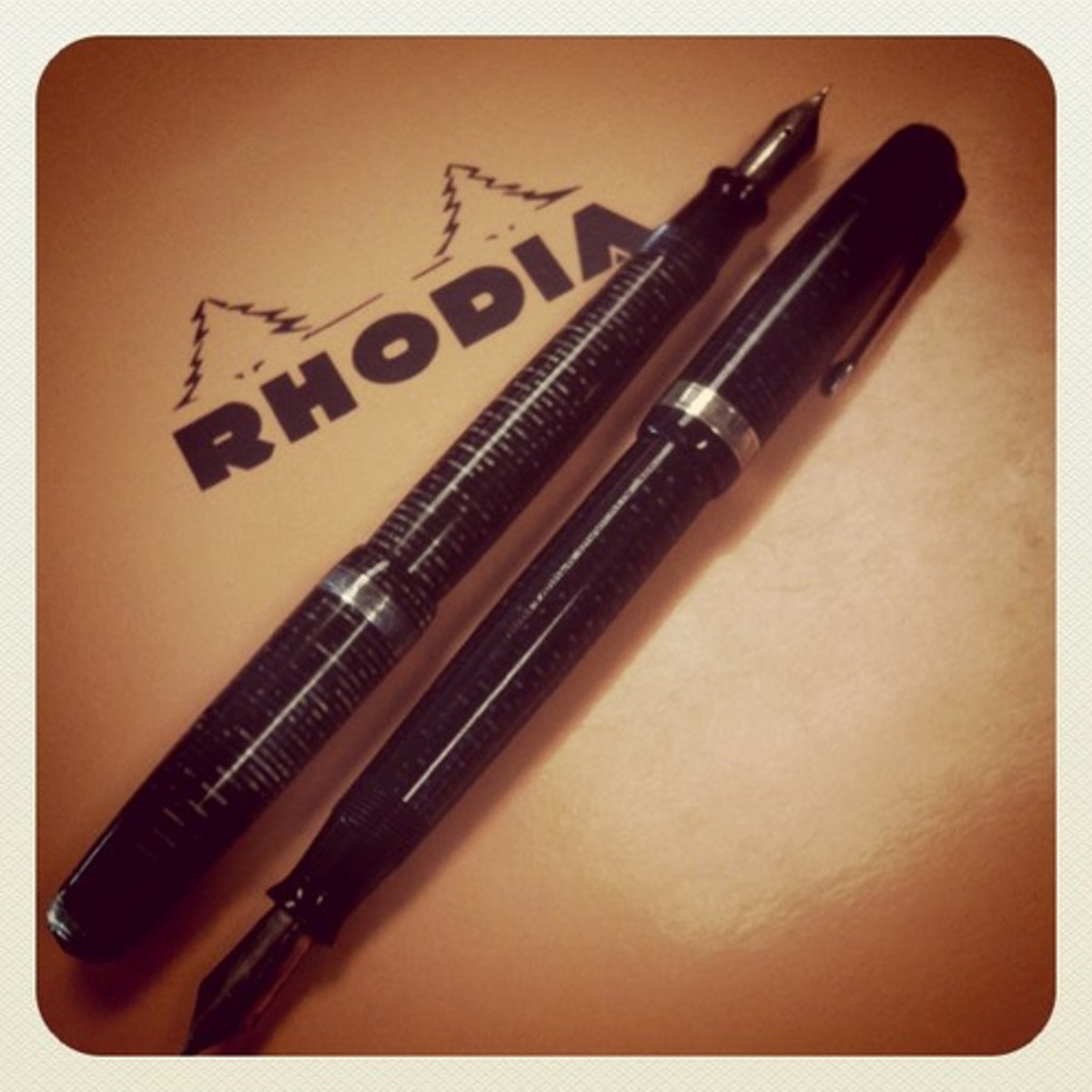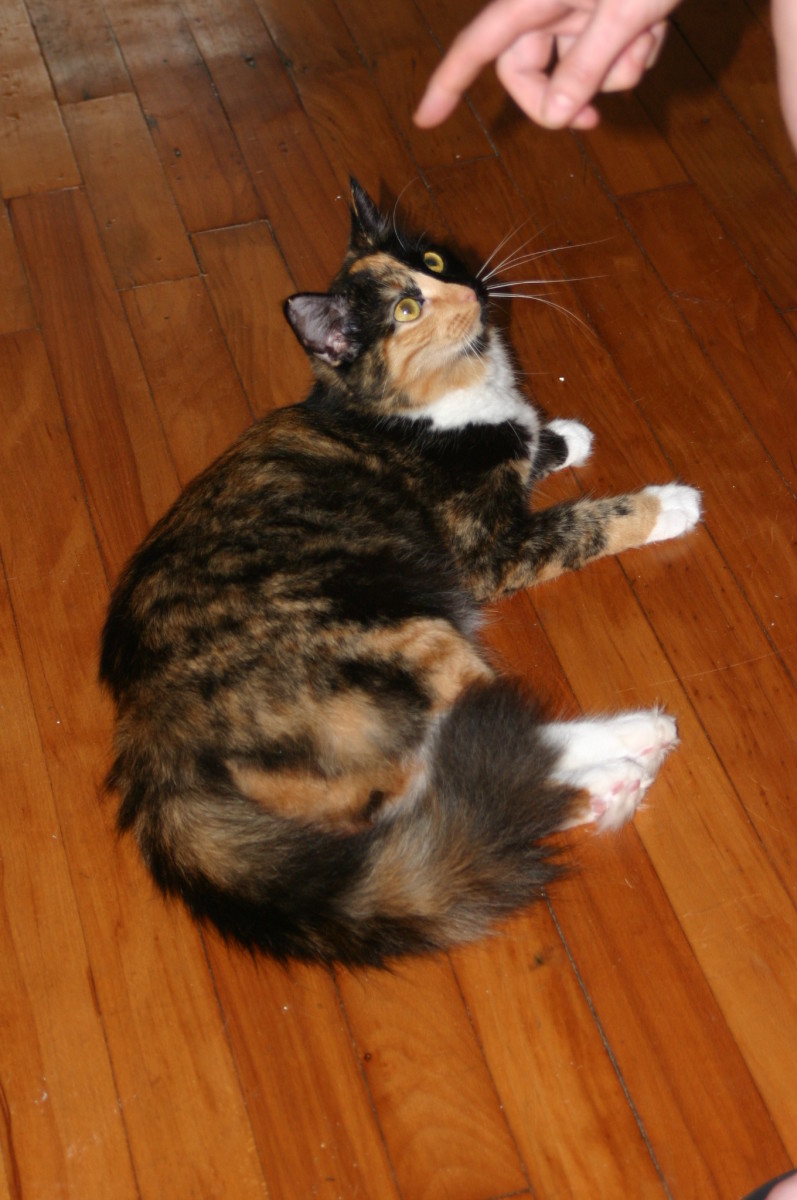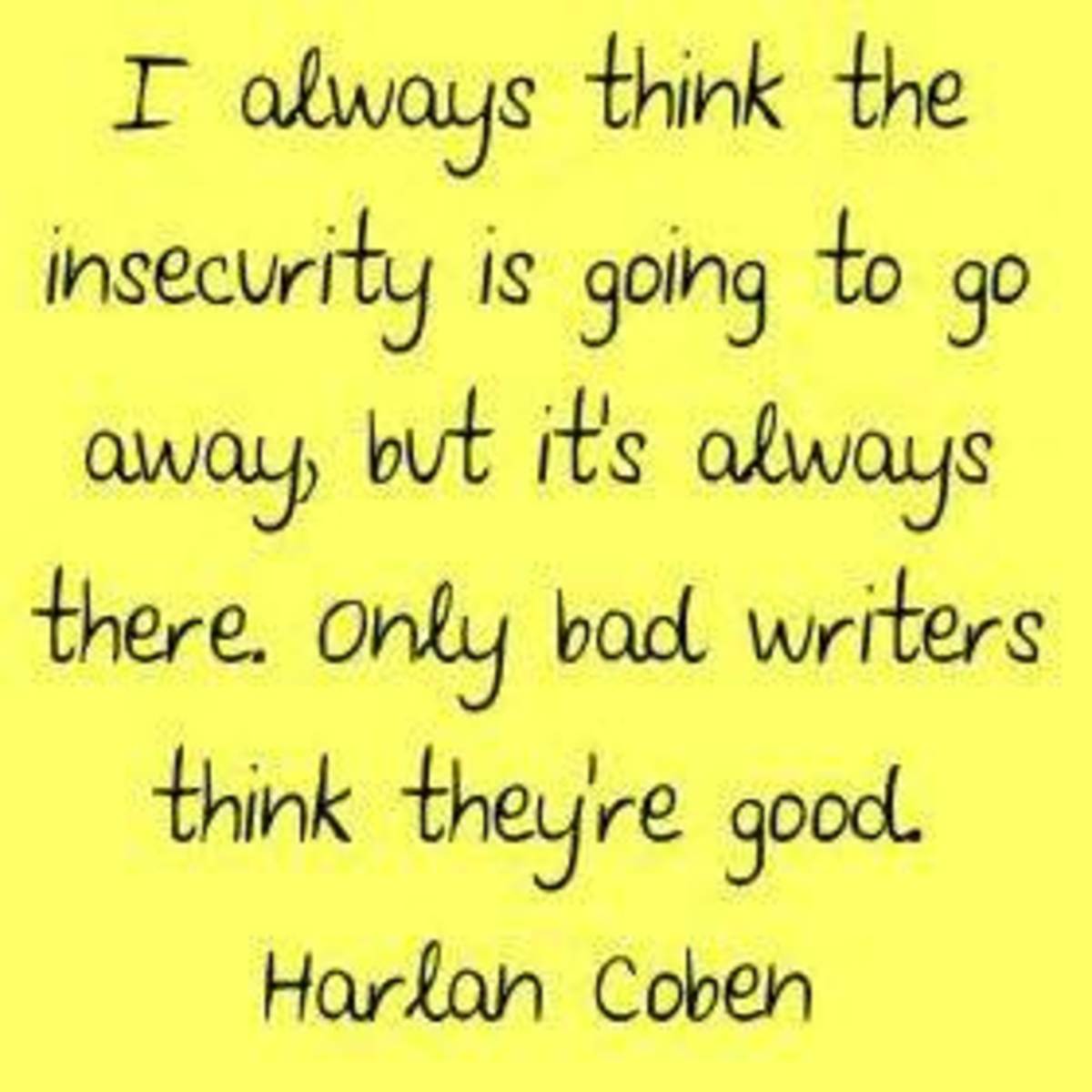How to Edit Like an Author: An Artist's Guide to Revising Your Art
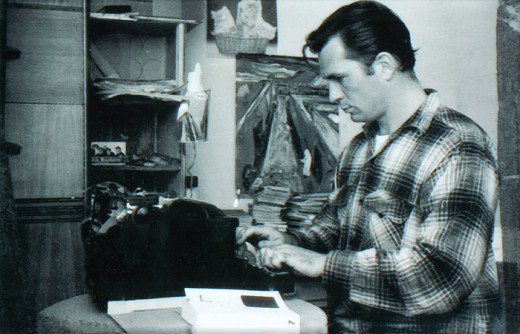
Editing is a Good Thing.
Let's get this out of the way: everybody edits. Or at least every well known, respected, "genius" level iconic artist does. Returning to your work and revising it an important part of the creative process, and will result in more polished, refined, and well constructed pieces of art. The myth of a writer like Jack Kerouac or Stephen King sitting down at their typewriter and completing a masterpiece on their first try is just that: a myth, and a dangerous one that ignores the reality that ALL artists, be they writers, painters, musicians, dancers, performance artists, or otherwise, revise their work. In fact, good authors are some of the best editors in the world, and spend a good amount of time revising their writing. Everyone edits. And this is a good thing. If you don't believe me, I'll convince you in this guide briefly, and then share steps on how to edit your art like an author to increase the quality of the things you create.
Why Should You Edit as an Artist?
No one, and I mean NO ONE, creates pristine, master level art without revising their work at some point. And if you can give me a counter example, i'll show you someone who could have produced something even better with some editing. But besides the fact that "everyone is doing it," why should you edit your work?
Revising your art helps you work towards the best artistic product you can produce. Do you draw beautiful landscapes? Try drawing a sketch first: your final product will be better. Do you dance jazz composition? Revise your choreography, and you will have a better final performance. Editing takes place on a piece of paper for some writers, in the studio for some musicians, and in rehearsals for many performance artists, but again, every great master revises their work.
Even artists known for their "raw" creativity take time to rehearse and revise. From Shakespeare to Kurt Cobain: EVERYONE edits.
It can be hard as an artist to edit your work, because revision relies on the admission that the art you create isn't perfect when you first birth it into the world. For this very reason, many of my artistic friends (who have some great work, but no masterpieces) choose not to edit their work: they would rather their art be "pure" than "polished," and fear that the revision process can kill the essence of their creativity. However, when done well, good editing does just the opposite. Revision allows you to perfect your statements, polish your execution, and add new dimensions to your artistic expression. Say it with me one more time: editing is a good thing.
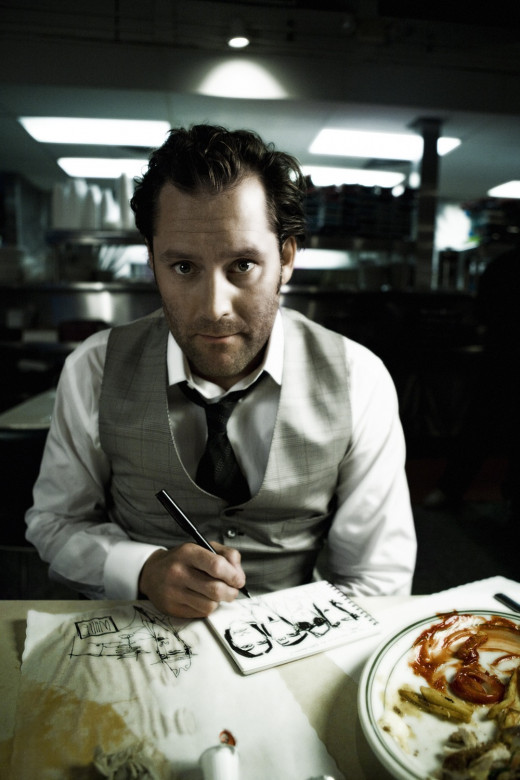
How to Edit (Like an Author)
Author's, and novelists especially, are great editors because they spend so much time with their product, and become so invested in the art they create. Below are my 5 tips on how you can edit like an author, and take your art in any field to the next level by applying successful revision strategies.
- Step Back From Your Art
- Do it Differently
- Organize Yourself and Set Goals
- GET YOUR HANDS DIRTY. Start Revising.
- Get Feedback
Step Back From Your Art
Stepping back from whatever you are creating can be one of the hardest things to do as an artist, but it absolutely one of the most essential. When your nose is to the grindstone and you are working hard to produce a great piece of art, you can feel incredibly focused while subsequently losing focus and perspective, which is a very dangerous combination as you enter the editing process.
Before I edit, I play an hour of video games and listen to Kendrick Lamar to step back
Before, you do any real, in depth, major revision to the art you have created, step back for an hour. Take a walk; listen to your favorite music of the moment, or spend some time with a friend. Whatever it takes for you to "reset" your brain, do that. By stepping back from your art before you jump right into editing, you will be able to approach your revisions and additions with a more objective eye, and you are much more likely to come up with a better piece of art.
Do it Differently
If you feel like a piece of your art is perfect, pretend it isn't for a moment. Just for the sake of argument consider doing something wildly different. If you are writing an essay, consider the implications of the converse of your thesis. If you are painting an abstract, throw a color on there you never imagined using. If you are writing a song, scrap the chorus you have and write a new one. Whatever art you do, do it differently, just as an exercise.
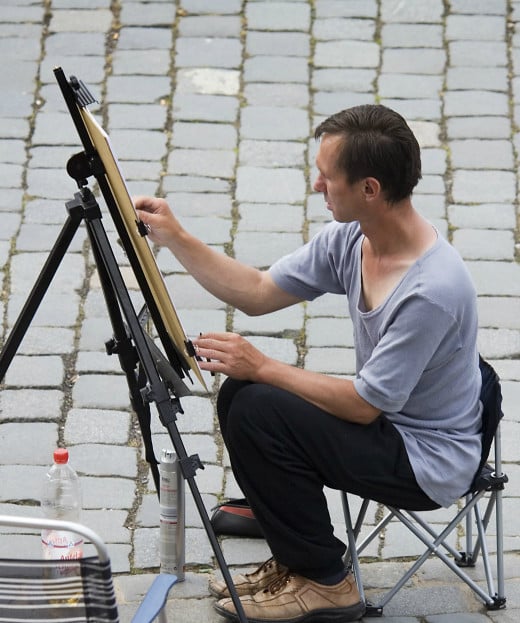
After you have changed something big, think about the implications and effects of your revision. Is your piece of art as good or better than your original? If the answer is no, simply change your piece back to the pre-edited form. This can be harder in some disciplines than others, but a skilled artist will be able to manipulate their medium to reverse it to a similar state as it existed in it's pre-edited form. If your revised piece is better than your original, do some deep thinking. Why is it better? What can you incorporate when you apply your final edits? What works here that you should keep as you continue editing? Note: if you work in a challenging medium to manipulate, consider completing this step as a mental/hypothetical task, but BE HONEST WITH YOURSELF.
Organize Yourself and Set Goals
After stepping back and rethinking your work, do some hard work regarding what you want to accomplish with your revisions.
Do you want to develop your characters further? Do you want to re-work your portrait's eyes? Whatever it is that you hope to accomplish and perfect with your edits, take note now before you start getting your hands really dirty and get lost in the work you are about to do. In addition to setting goals, get organized, and work out a system for your revisions. This will allow you to work faster and more effectively later. Personally, I work extensively with sticky notes, and like to print out manuscripts and put physical post-its all over the things I write to give myself a visual representation of what I want to do, as well as edits I make while I make them. But whatever works for you, set goals and get organized!
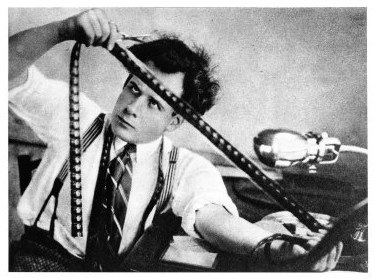
Get Your Hands Dirty! Get to Editing!
You've stepped back. You've rethought. You've made goals and gotten organized. What comes next? Only the hardest and most integral part of revision: the long hard work of getting your editing done. While the real practice of editing differs from discipline to discipline, and I won't try to cover strategies for how to edit every kind of art here for obvious reasons, there are some things that are true for revising all art. First, be honest with yourself. Otherwise your edits mean nothing. Second, dive right in: take a very close look at what needs to be changed, and think hard about how to change it. Third, be meticulous. Don't take the easy way out and cut corners. While editing, take the time necessary to produce a finished polished product, and get it done.
Get Feedback
The final step in good editing paradoxically takes little work from you and can be the most difficult thing for many artists to do: ask for feedback. Find someone you trust, whose opinion is relevant to your art, and ask them politely to lend a hand. If they are a good friend they probably won't mind, as long as you aren't asking anything too crazy. (Don't ask a casual acquaintance to read your novel, for example).
Do you find it hard to ask for feedback?
(Tell us why in the comments)
Why is getting feedback essential? Your eyes can only see so much. No matter how good you are at self-editing, you are just too invested in your art to provide a truly objective look at what you have created. Someone else's opinion can be absolutely necessary in reaching your best work. Remember, getting someone's feedback doesn't mean that you should incorporate all of their notes. Use a discreet eye to think about and process the feedback of others, and incorporate it however you see fit.

Conclusion: When am I done? What do I do Next?
For some artists, the only thing that can be harder than editing is finishing editing. It can be easier to keep picking apart a project, line by line ad nauseam, that it is to call something complete and move on to another project. While wrapping up a piece of art could be the topic of another piece, you will do all right by feeling it out, and simply starting this 5 step process outlined above all over again. Once you have gotten feedback and incorporated it, step back again, and see what comes to mind. Follow all of the steps, and see what kind of feedback you get a second time through. Again, wrapping up a project can be as hard as starting one, but there are resources out there to help an artist find closure for a piece of art.
In the meantime, remember: editing is a good thing, and your art will be better off if you spend time revising it. Your favorite author took a long time to edit your favorite book, and doing in depth revision is a big part of how master pieces are made. Start with the 5 steps above, and get to revising your art today!





